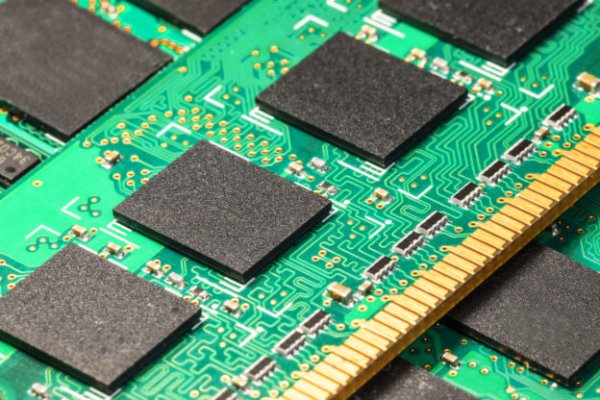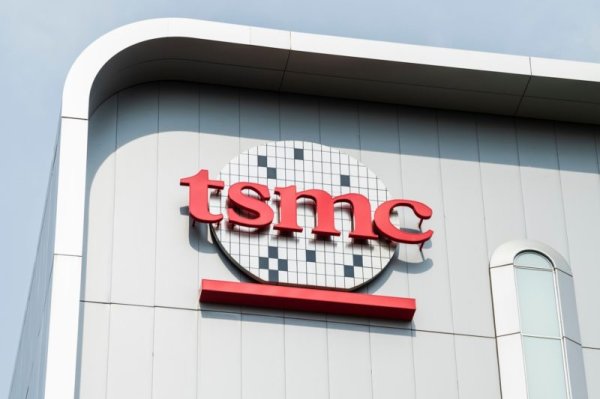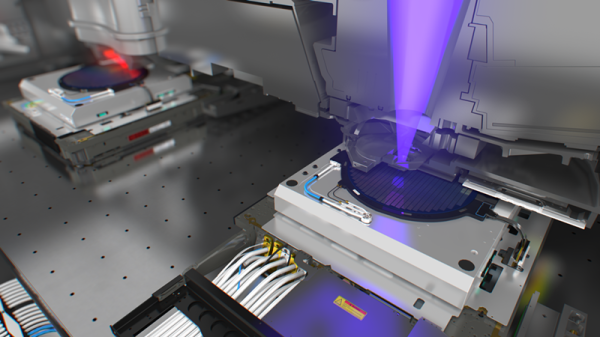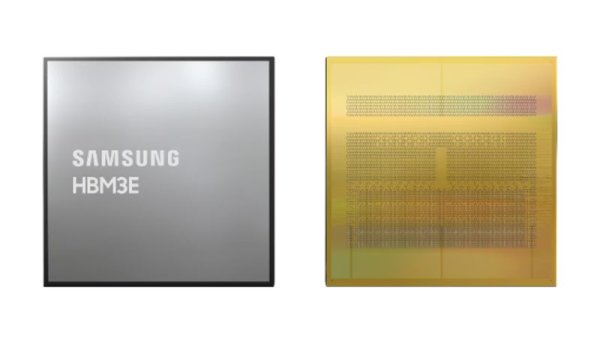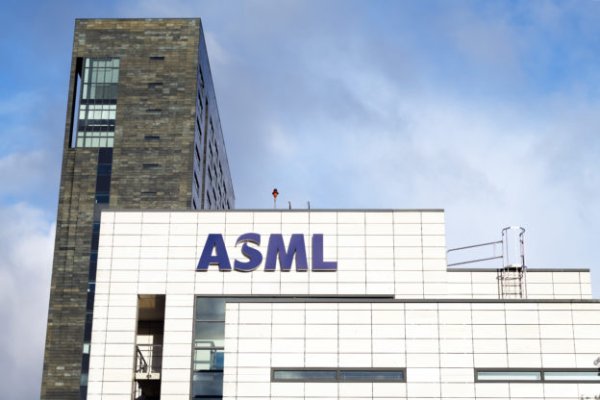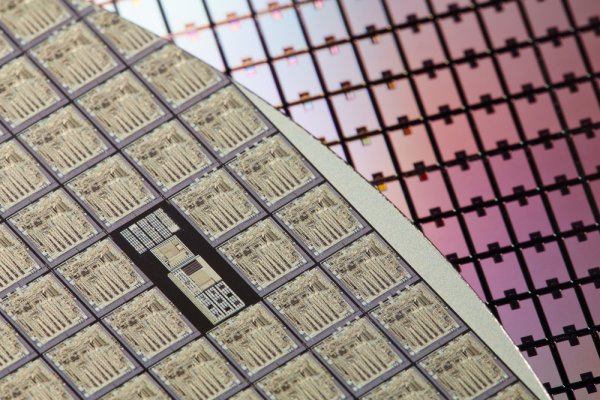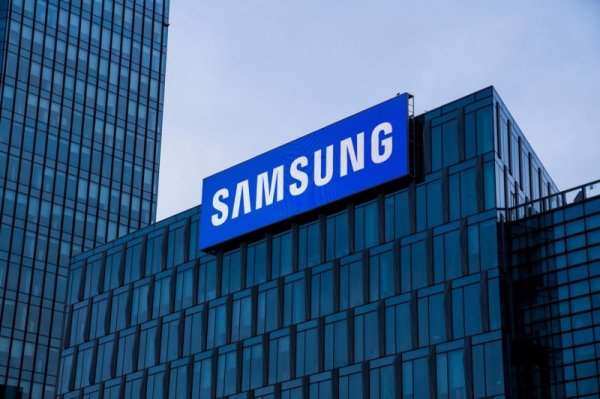Malaysia s first self-developed chip, MARS1000, is unveiled, looking forward to joining the global semiconductor market

Media reports that Malaysia is entering the global artificial intelligence (AI) competition and launching its first self-developed processor, which means that Malaysia hopes to transform from single pure support to become an advanced innovator in semiconductor supply chains, not only redefines Malaysia's global technological stage position, but also injects new vitality into economy.
The MARS1000 chip developed by Malaysian chip manufacturer SkyeChip was unveiled this week. Unlike the power-consuming GPUs of large-scale data centers in the United States, such as NVIDIA (NVIDIA) drives large data centers, the MARS1000 uses edge computing as its main application market, suitable for smaller and smarter tasks, and provides automotive, robotics, factory machinery and Internet equipment power. Founded in 2019, SkyeChip focuses on high-performance chip architecture and is currently growing stably. In addition, investors are interested in AI hardware, so it is also planned to go public (IPO).
For decades, Malaysia has always had a place in the semiconductor industry, as multinational semiconductor companies such as Intel and Infineon have established packaging testing and assembly service lines locally. But I rarely engage in IC design. The MARS1000 chip has a great sense of worldly significance, representing the change of national policies and from back-end support to front-end innovation.
The Malaysian government also has high hopes. Prime Minister Anhua has also promised to invest 25 billion yuan (about $6 billion) of funds to boost Malaysia's semiconductor industry. The targets cover fields from IC design, crystal circle manufacturing, to AI data center basic construction and other fields. Technology manufacturers Microsoft and Oracle have also committed to investing billions of dollars in digital infrastructure.
The Malaysian plan is at a time when the semiconductor industry competition in Southeast Asia is fierce. Singapore has been actively constructed as the center of AI model training, and Vietnam and Thailand have actively attracted foreign investment into the packaging and design market. When developing semiconductor industry earlier, Taiwan and South Korea firmly controlled advanced manufacturing technology. In addition, geopolitical challenges also affect Malaysia's policies. For example, the United States is considering more stringent regulation of AI chips exported to Malaysia and Thailand to prevent smugglers from using these two countries as Chinese transfer stations to transport restricted chips to China. In response, the Malaysian government has responded to the policy of export monitoring and will impose stricter export monitoring measures and emphasize that the country will not be allowed to become a New Year for illegal trade.
Analysts pointed out that Malaysia's advantage may lie in its ability to combine a strong manufacturing foundation with a new generation of design talents. Despite this, the challenges ahead are still serious. Industry analysts warn that it is impractical to compete with NVIDIA, AMD or Intel. But the Malaysian government believes that local companies do not need to win the entire competition. Because even the market share growth may have an unexpected impact on Malaysia's economy. SkyeChip’s IPO plan is also expected to set the list for other Malaysian new found companies that are eager to enter the global chip design market.





